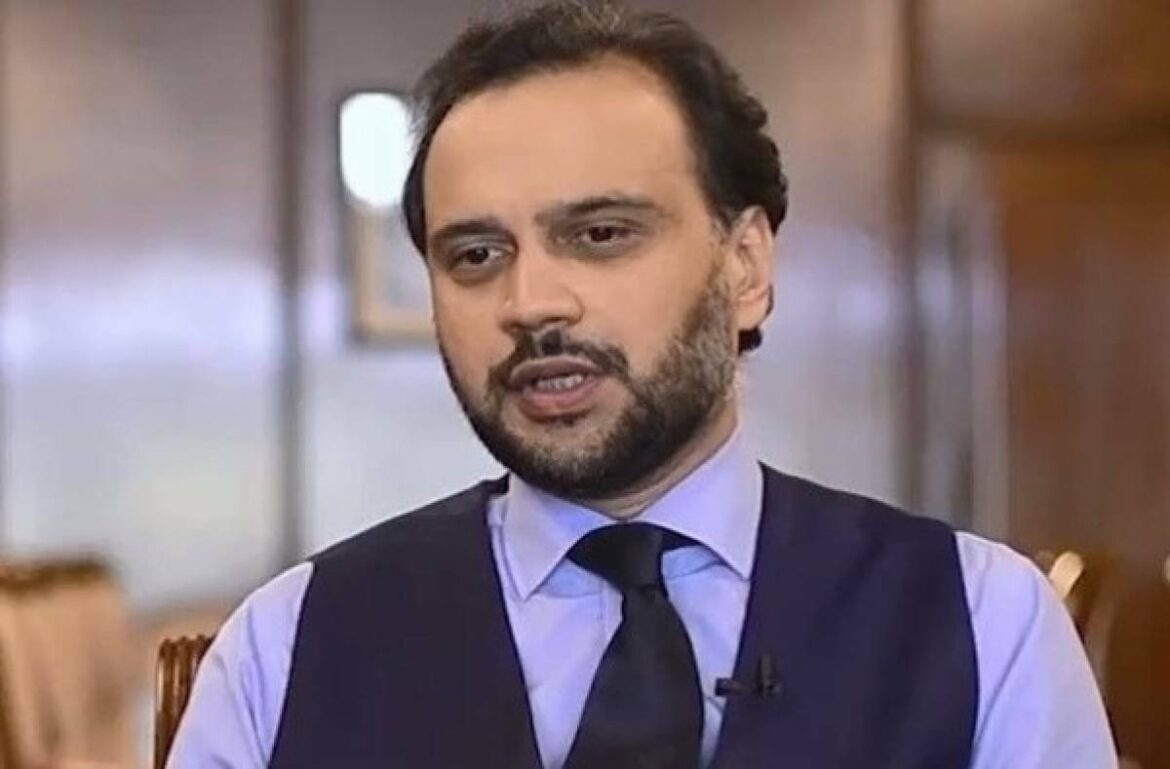By Staff Reporter
ISLAMABAD: Developing countries, including Pakistan, are “gambling for resurrection” by prioritizing debt servicing over development spending, threatening social stability and climate resilience, an ex-central banker warned.
“The taboo of debt restructuring must be broken,” Murtaza Syed, former acting Governor of the State Bank of Pakistan, said in an article published in The Economist. “We need to address the root cause of debt unsustainability, rather than just treating the symptoms.”
Syed emphasized that debt servicing is “crowding out essential development spending” in countries like Pakistan, where interest payments are almost three times as high as spending on investment and three and a half times spending on education.
“Pakistan’s interest payments are almost three times as high as spending on investment and three and a half times spending on education,” Syed said. “This is a recipe for disaster. We’re seeing countries gamble for resurrection by increasing taxes and slashing spending, praying for a growth miracle. But this gamble is only increasing the chances of a disorderly default and an unraveling of their social fabric.”
Syed called for fresh thinking on debt restructuring, including incentivizing participation from new creditors like China and Gulf states. “The IMF must assist debtor countries in bringing them to the table.”
Syed, who served as the central bank’s chief from 2021 to 2022, also urged multilateral development banks to provide relief, saying “they can at least roll over debt servicing coming due. And, if their shareholders are willing, they can also provide direct debt relief.”
Syed criticized the IMF’s approach to debt sustainability, saying its assessments rely on “unrealistic projections” and ignore “red flags” in its own research.
“Pakistan is on the cusp of a record 24th IMF program, but this masks a deeper issue,” Syed said. “We need to address the root cause of debt unsustainability, rather than just treating the symptoms.”
The IMF must also adapt its approach by providing clearer guidance on debt sustainability and leveraging its debt-sustainability assessment machinery. “Pakistan’s case is a prime example.”
Syed’s warnings come as Pakistan struggles to manage its public debt, which has ballooned in recent years. The country is among 70 nations facing debt distress, according to the IMF.
Copyright © 2021 Independent Pakistan | All rights reserved




